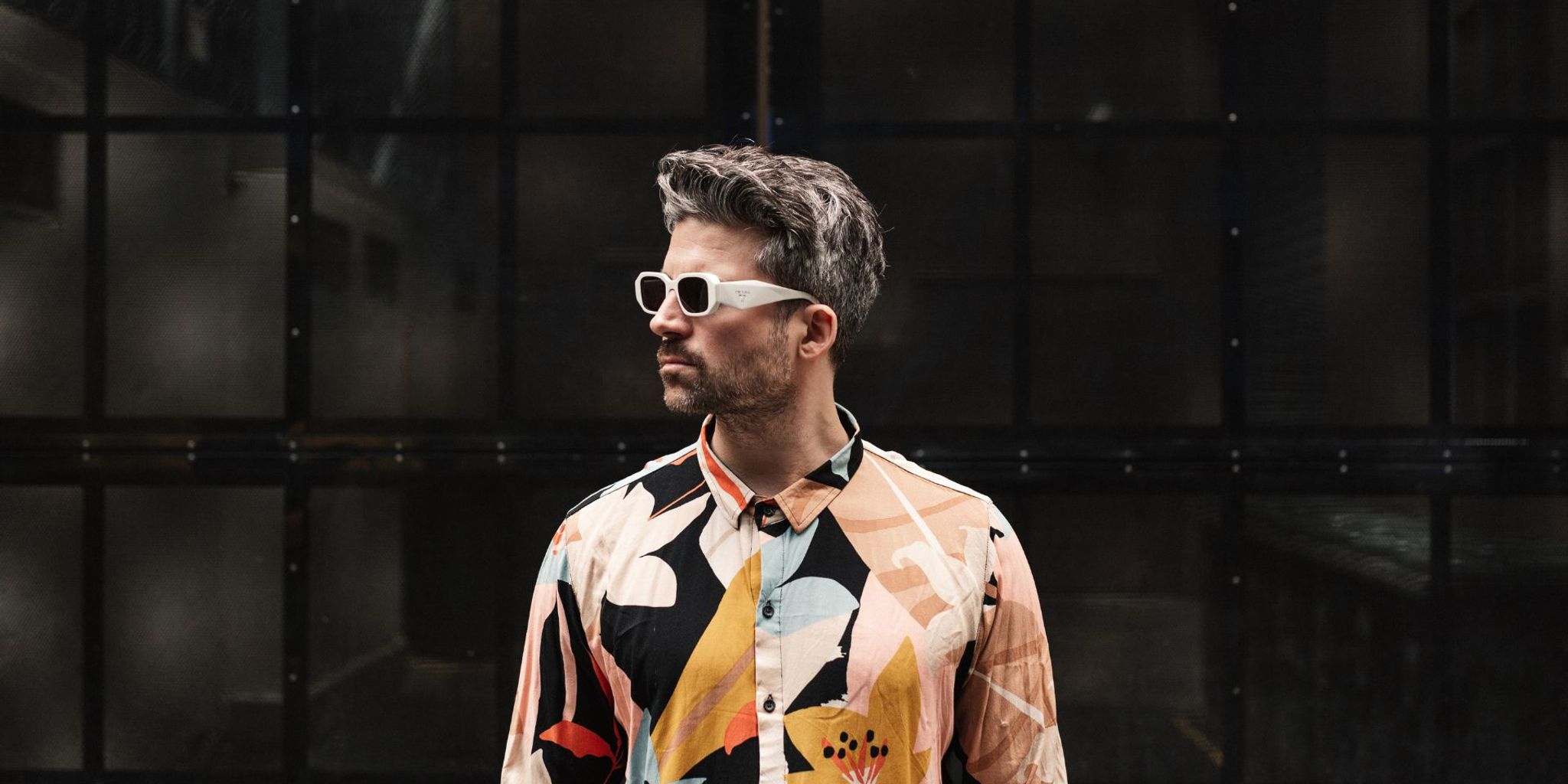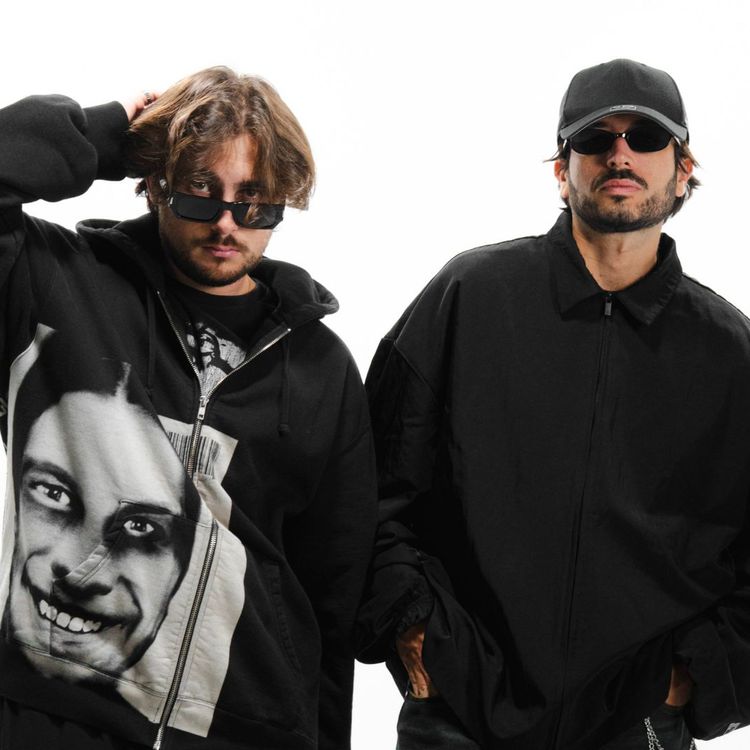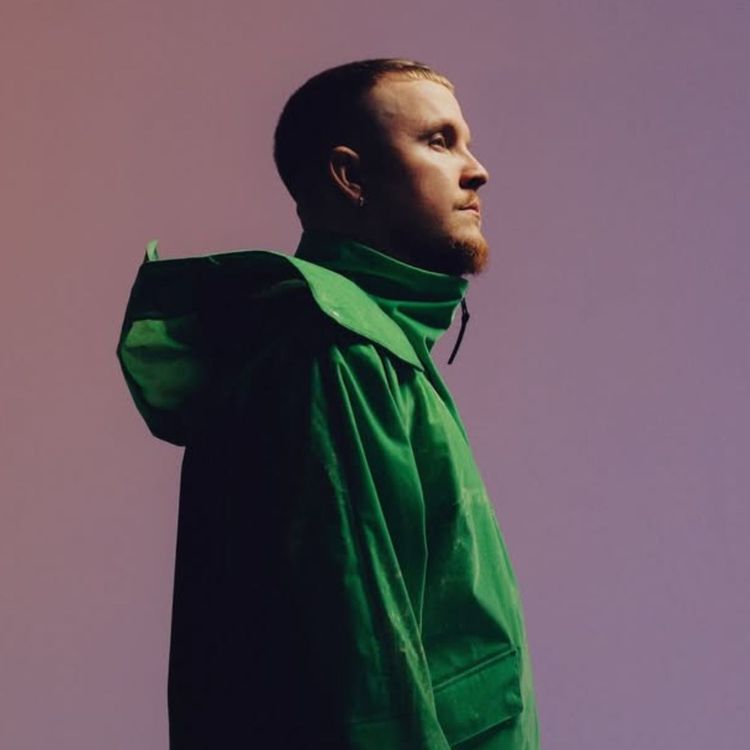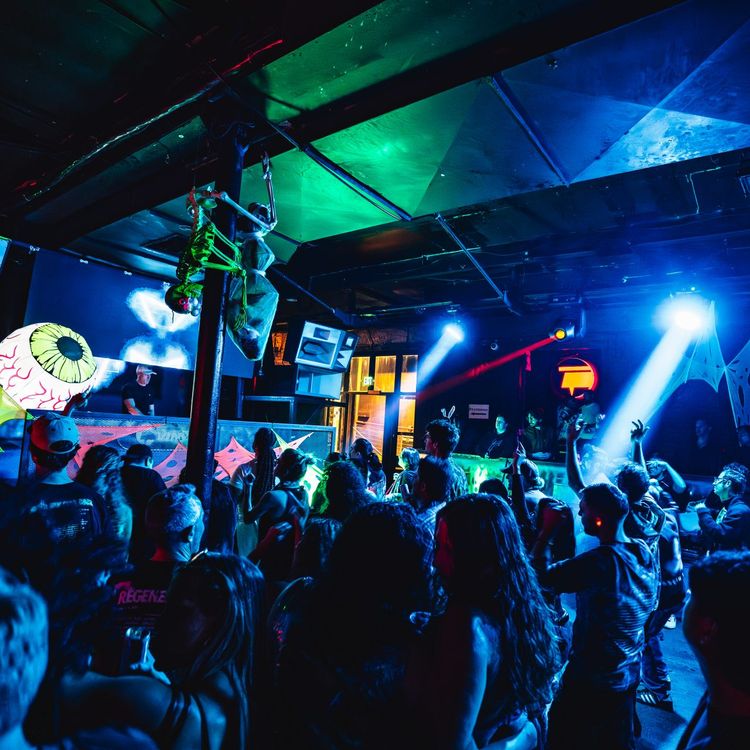Sidney Charles: The Hurricane of House Music
Sidney Charles Hurricane Vieljans - what a name indeed. The Hamburg-born DJ and producer has swiftly ascended the ranks, making him a household name among house music aficionados. With an exquisite blend of punchy, hip-hop-infused house music, Sidney Charles has not only topped the charts but also ingrained a mark on dance floors and under disco balls worldwide.
In our exclusive interview, Sidney delves into music, discussing everything from his early influences to his approach to music production. He brings us into his universe, sharing insights about his journey, creative approach, and his vision for the future.
Drawing inspiration from various genres, including jazz and experimental sounds, Sidney’s music has evolved without losing its roots. His vision for Heavy House Society, his label and its residency at Watergate Club in Berlin, is not just about producing music but about creating a community, a collective of artists driven by a shared adoration for house music.
Stay tuned as we dive deep into the hurricane that is Sidney Charles.
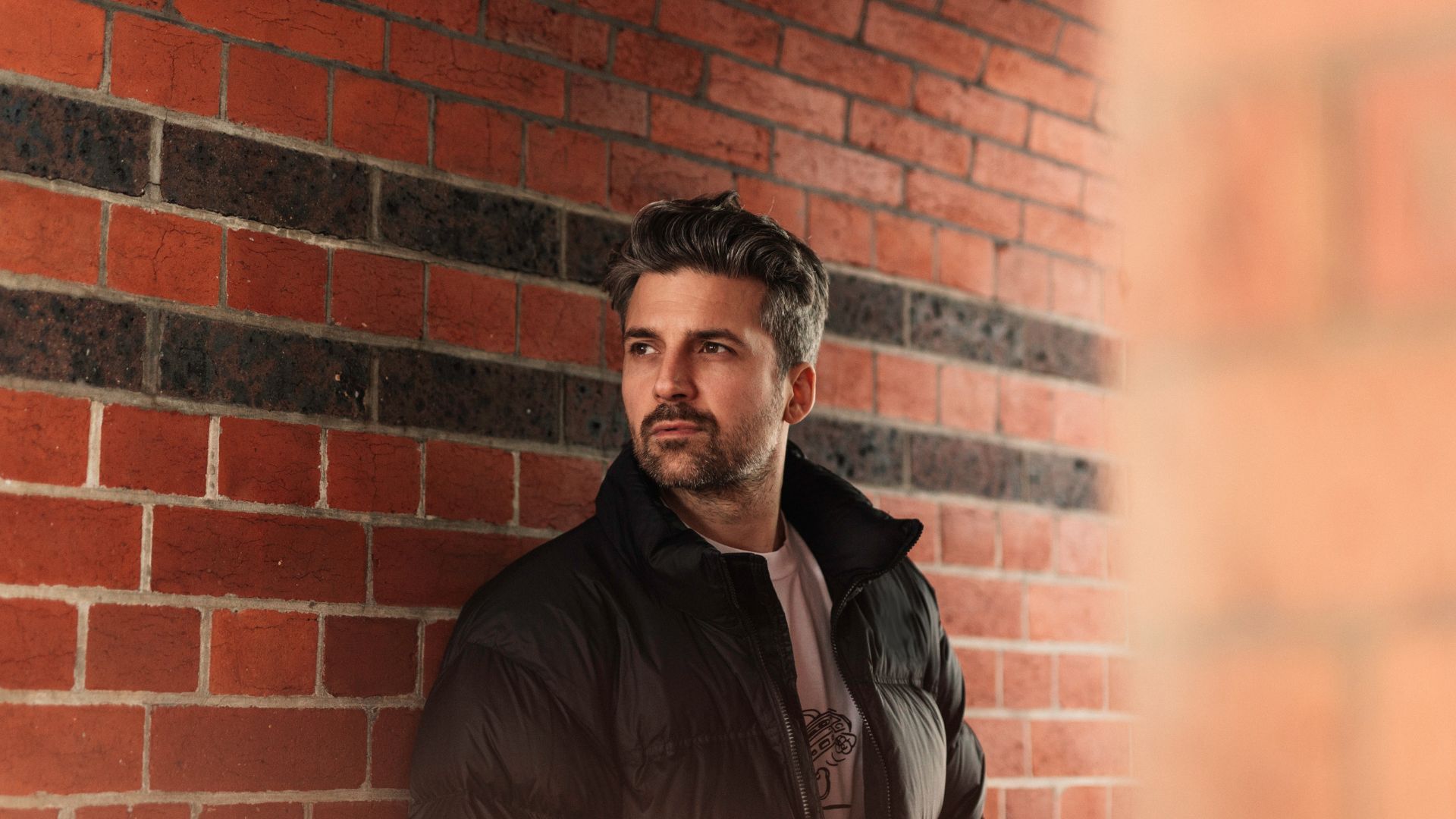
Your name, Sidney Charles Hurricane Vieljans, is quite striking. How do you feel it represents your music? Have you ever felt like your music hits a crowd so hard, it feels like a hurricane swept the room?
Haha good question. My name is like a bold stamp on my music. It's not just a name; it's a statement about the power and intensity I want my tracks to pack.
There have been gigs where the crowd response felt like a hurricane hit the room – that kind of raw, unfiltered energy that leaves an impact. So, yeah, the name reflects the aim: to make music that hits hard, like a hurricane tearing through the place.
Your earlier influences included hip hop, funk, and soul. Are there any modern artists or genres influencing your sound today?
My musical roots in hip-hop, funk, and soul still influence me, but today I draw inspiration from the dynamic fusion of electronic genres. I'm particularly intrigued by the creative intersections of house, jazz, and experimental sounds.
Contemporary artists in deep house, tech house, and minimal house inspire me, and I'm always on the lookout for emerging talents to collaborate with, keeping my sound fresh and evolving.
If there is one, describe the difference between playing for a US crowd vs EU crowd. How would you differentiate the two when it comes to the scene in the US and Europe?
Generally, I think while both the U.S. and Europe share a love for electronic music, the U.S. scene tends to be more eclectic, encompassing various styles, whereas the European scene often emphasizes a deeper and more specialized appreciation for specific sub-genres within the electronic music spectrum.
American crowds tend to appreciate a mix of mainstream and underground sounds, creating a diverse and dynamic atmosphere. In the states the scene feels very fresh and new and the crowd really represents this feeling of a new movement.
On the other hand, European crowds, known for their deep-rooted connection to electronic music, often have a strong appreciation for specific sub-genres.
What is a piece of equipment or instrument you don’t know how to play or use but wish you could incorporate into your music production?
I've always been intrigued by modular synthesizers. The endless possibilities for sound sculpting and the hands-on, tactile nature of manipulating modules in real-time is fascinating.
While I may not be well-versed in using modular synthesizers at the moment, I can envision the creative potential they offer in terms of crafting unique and evolving sounds. It's the kind of gear that adds a distinctive and experimental edge to music production. Incorporating modular synthesis into my setup is something I've been curious about, and I believe it could open up new sonic dimensions for my productions.
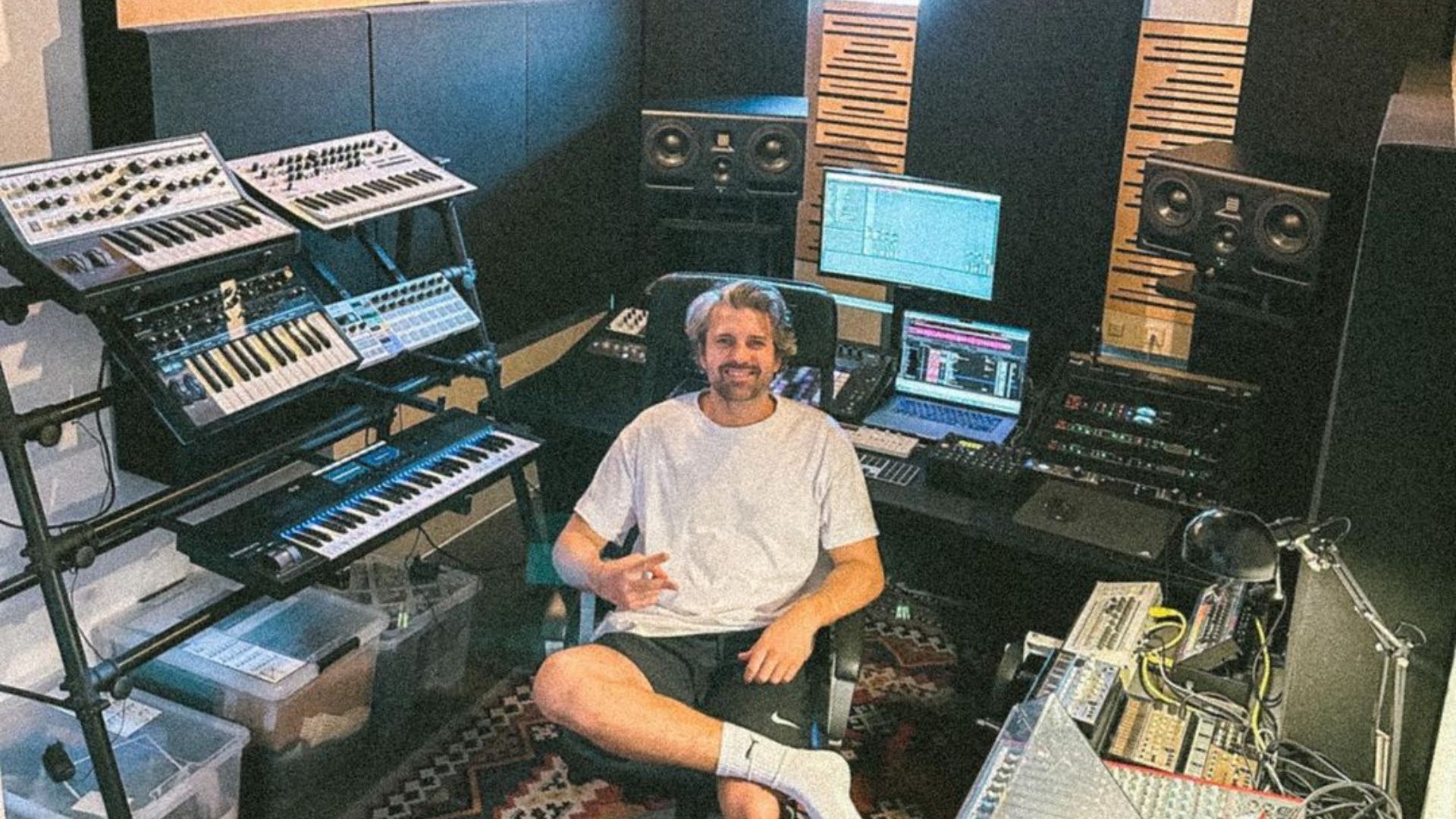
How do you approach the balance between staying true to your signature sound and experimenting with new musical directions? How do you strike a balance between accessibility and staying true to underground roots?
Balancing my signature sound with experimentation is about keeping the core elements I'm known for while exploring new ideas. I stay true to my roots by maintaining the essence of what defines my music—whether it's a specific groove or unique melody.
Experimentation is crucial for growth, and when exploring new directions, I often draw inspiration from a variety of genres.
I believe it's possible to maintain authenticity while expanding the reach of my music. Collaborations with diverse artists, remix projects, and exploring different release formats are ways I strike a balance. It's about staying true to the raw energy of the underground scene while finding avenues to connect with a broader audience.
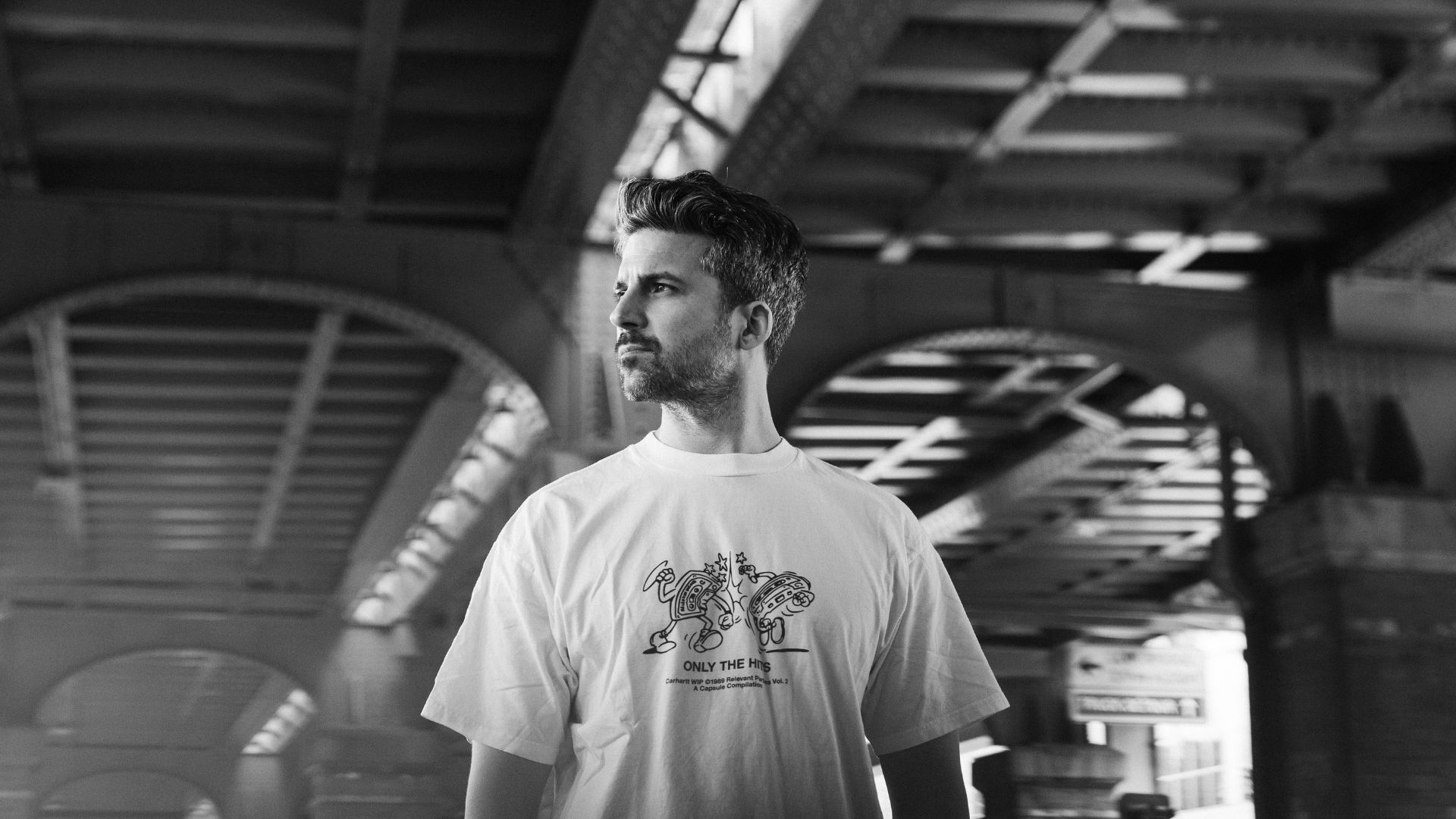
Are there any artists or vocalists you're eager to collaborate with in the future? If you could collaborate with any artist, dead or alive, who would it be and why?
On top of my list will always be Kerri Chandler simply because he is the one that influenced me the most in finding my identity as an artist. His grooves and musical ideas were just always ahead of time also the way he mixes his music sounds different: more punchy, colorful, and dynamic.
I would also love to sit in the studio with DJ Premier and jam on some beats with him…another musical genius that I deeply admire. I never saw anyone being crafted in the art of sampling like him.
Also collaborating with Quincy Jones would be a dream come true. His musical genius, versatility, and boundary-pushing approach to genres align with my ethos of blending different styles.
How has the shift to streaming platforms and digital releases impacted your approach to releasing music, especially with your affinity for vinyl? How do you feel about vinyl coming back into style, even though they’ve become way more expensive to buy now?
Streaming and digital are big for reaching everyone, but I still love putting out music on vinyl for the real, hands-on experience. Even though vinyl got pricier, it's cool to see people getting into it again. It's about finding a balance between going digital for the masses and keeping that old-school vibe with vinyl.
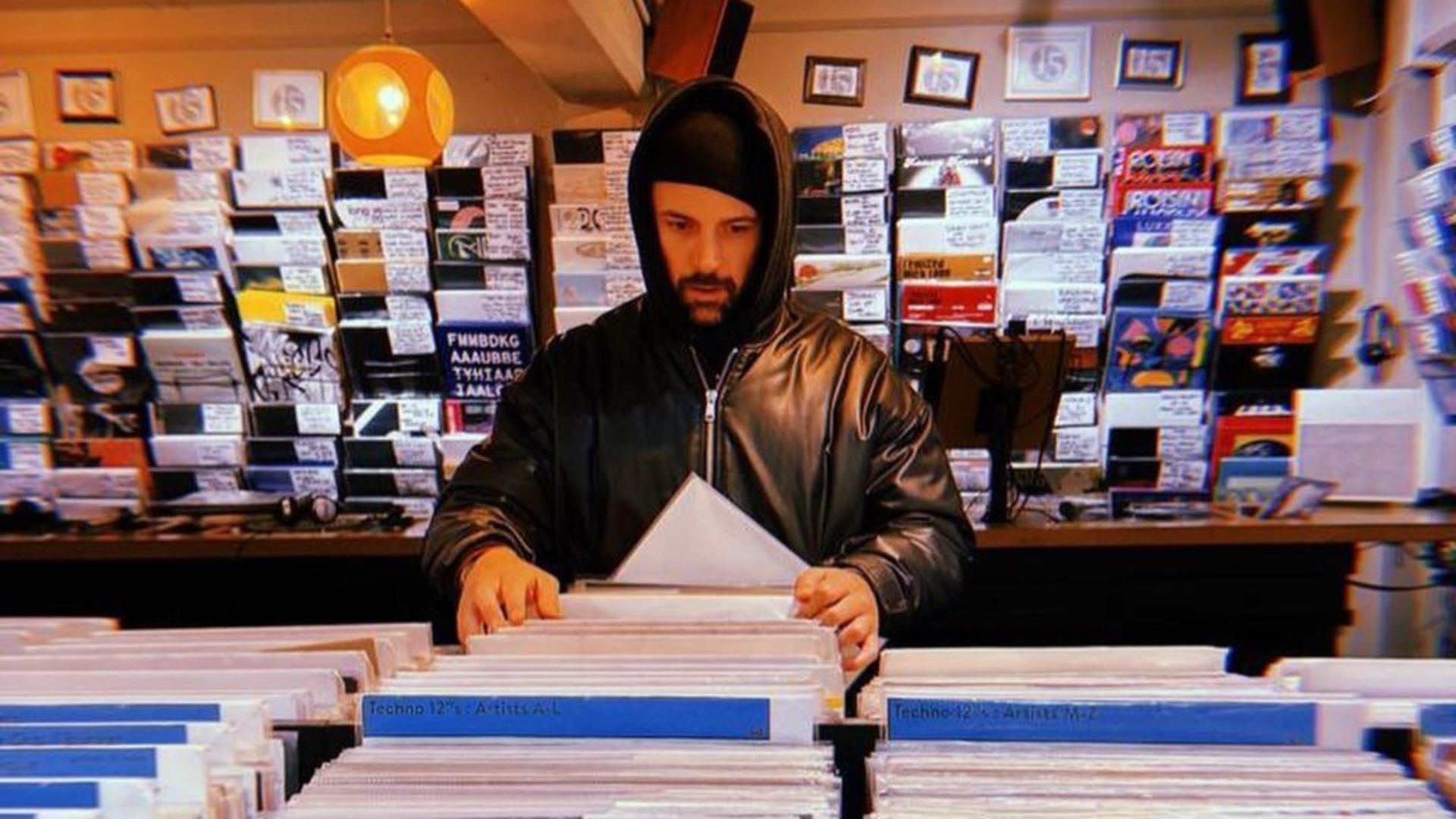
Heavy House Society has a residency at Watergate Club in Berlin. What did it take to get to this point and who was the first person you called to tell the good news about achieving this?
Getting a residency at Watergate Club in Berlin was a big deal for me. I was truly happy when I received the news also because Watergate has influenced me a lot as a young raver and this place always inspired me in many ways and also finding my path as an artist myself.
It's hard to say but I guess it's because I was able to create a certain identity with my sound and Heavy House Society. The Berlin market is very difficult and doesn’t accept anything that is too commercially orientated. So I take this as a compliment to be able to bring my label to such an institution. When I heard the news I told my family first!
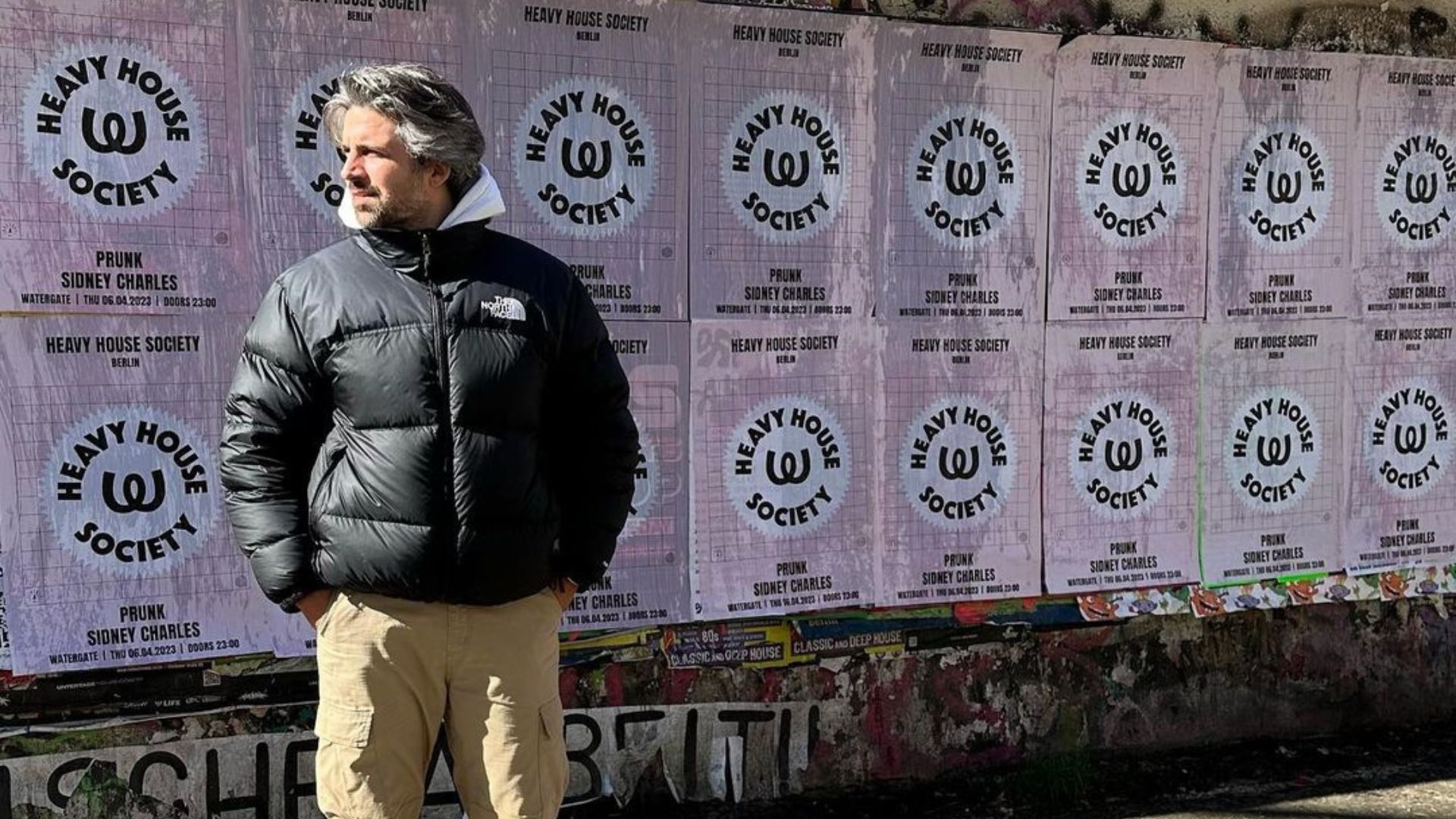
As someone deeply rooted in the scene, what do you think are some under-appreciated aspects of producing electronic music?
Generally, nowadays the skill of producing becomes less and less important while social media seems to be overtaking the main interest of what an Artist should do to make his career. Ghost producers, A.I. and makes it so easy nowadays to completely focus on the fame part of electronic music.
But still I can feel that real artists will always be recognized for what they are and also will be supported for that.
I come from a time where music has been the foundation of a career and nothing else. I still follow this way of thinking and my music is what represents me as an artist the most, not my appearance on social media. Social media is simply a tool to bring my music to the people and that’s it. Somehow you have to play the game a little bit but that’s also the fun thing about it.
Can you describe a pivotal moment in your career that changed your perspective on music?
In my early days as a raver I regularly went to Berlin, mainly Panorama Bar. This place just simply had such a big impact on me on how I perceive house music. Especially that sound system that let me fully understand how I wanted my music sound. I heard many great artists in that room but the ones that stick to my mind the most were Derrick May and Kerri Chandler.
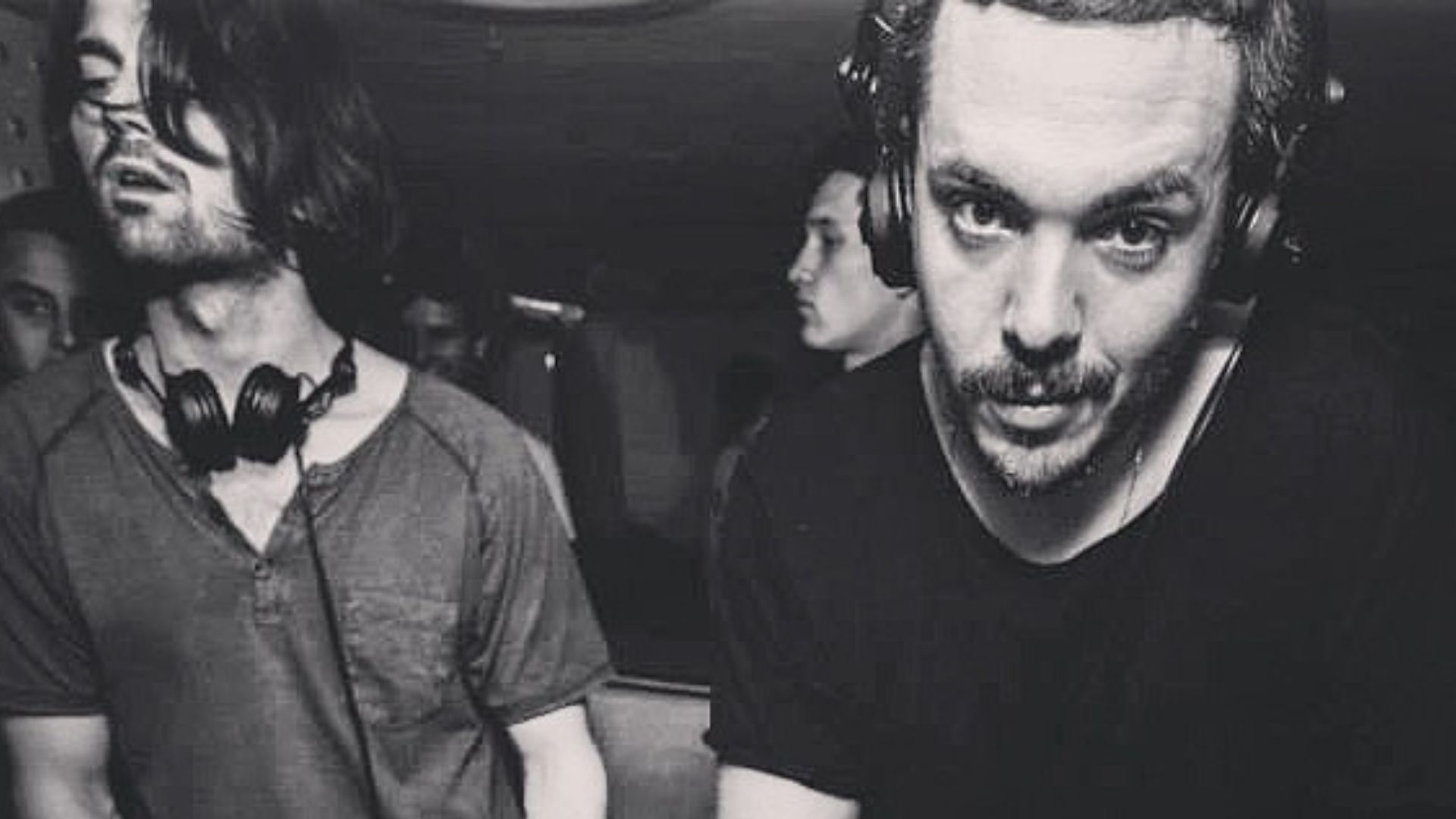
Sidney Charles 2014
After I heard their set I was more convinced about myself and what music I want to make.
In the past, you've noted the importance of a “red line” in an artist's work. How do you maintain that consistency in your own tracks?
While I aim for consistency, I also allow for evolution. This means building on my established sound rather than completely changing it. Collaborating with others and finding inspiration from various sources is cool, but I make sure it fits with my overall artistic identity.
Having a consistent way of working in the studio, from choosing instruments to production techniques, adds to the overall cohesion of my music. It's about finding that balance between staying true to my style and allowing for growth and exploration in my artistic journey.
How would you rate the feedback labels give artists nowadays? What do you strive for in terms of feedback to aspiring artists?
I think the feedback rarely goes deeper than a no or a yes. It's simply because of this big mass of producers nowadays and demos that are being sent out that labels can’t keep up with this flood of demos.
For aspiring artists, I always aim to be helpful and specific. I try to point out what they're doing well or wrong and suggest ways to improve. It's essential to take both positive and constructive feedback as opportunities to grow, especially when you are an artist trying to develop your sound.
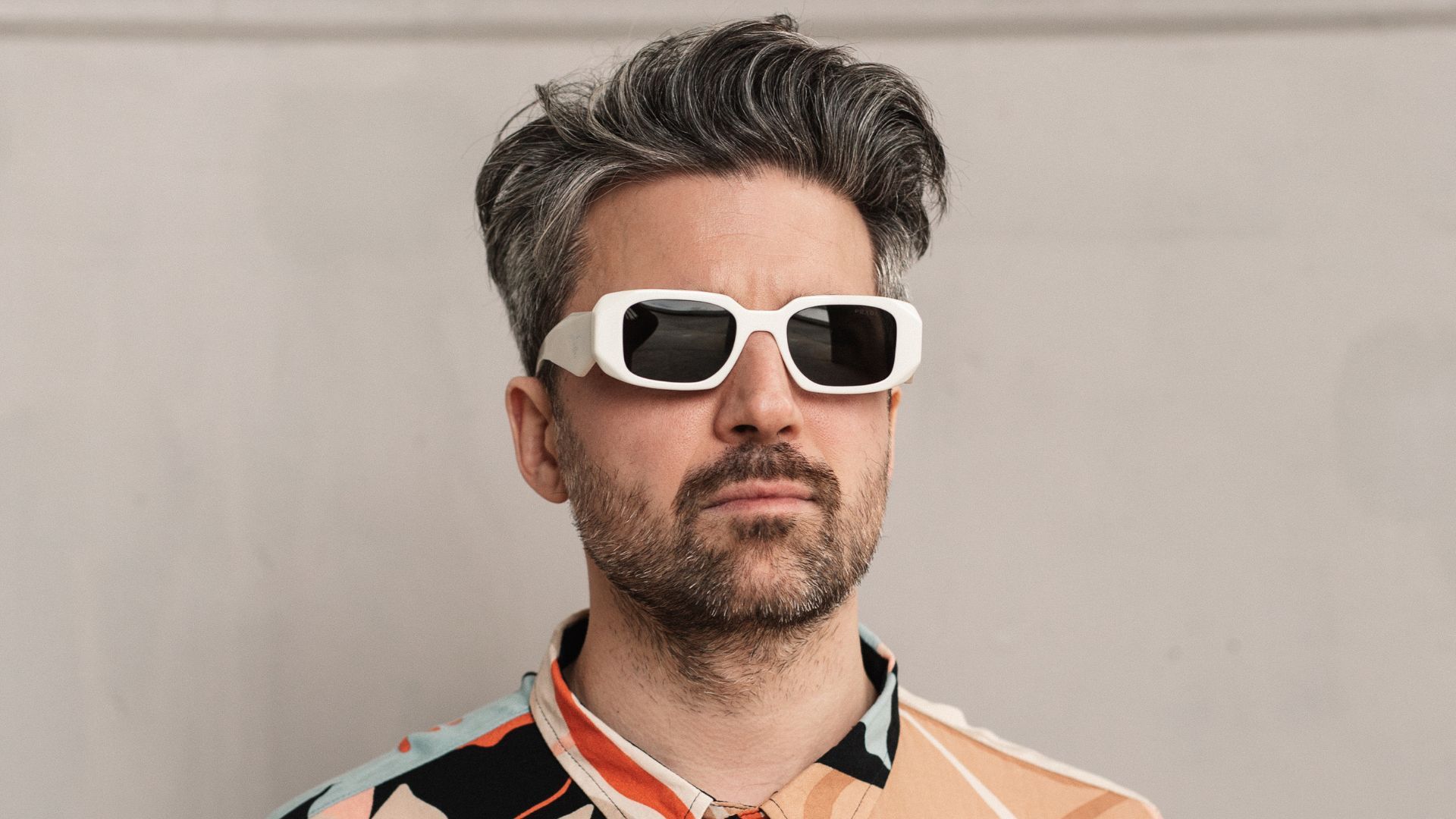
My goal with Heavy House Society is also to create a supportive environment for aspiring artists, helping them navigate the music industry and stay true to their creative vision.
What's the most memorable gig you've ever played, and what made it stand out? Favorite venue or country to play at?
Lately it was probably El Tero in Chile. The venue is simply breath-taking. It's a couple of hours drive from Santiago going into a small coastal town in the pacific. At some point you have to leave the car and take a steep 20 min walk down to arrive at the beachfront.
There you can find the DJ booth and a hidden space for 2,000 people to dance. When I played there until the morning hours the sunrise was magical. I ended up playing for nine and a half hours.
Are there any non-musical influences, like art or literature, that play into your creative process?
I love reading, meditating and running. When I have a writer's block…those things help me a lot to overcome those periods.
Especially traveling, meeting new people and old friends, seeing new places influence me a lot in my music making process.
I realized that especially in the pandemic. After almost 1-2 years without traveling my ideas became more numb and equal. I guess it's simply how our mind works: the input is as important as the output and they influence each other constantly.
Name one simple thing that makes you smile. :)
Coffee.
